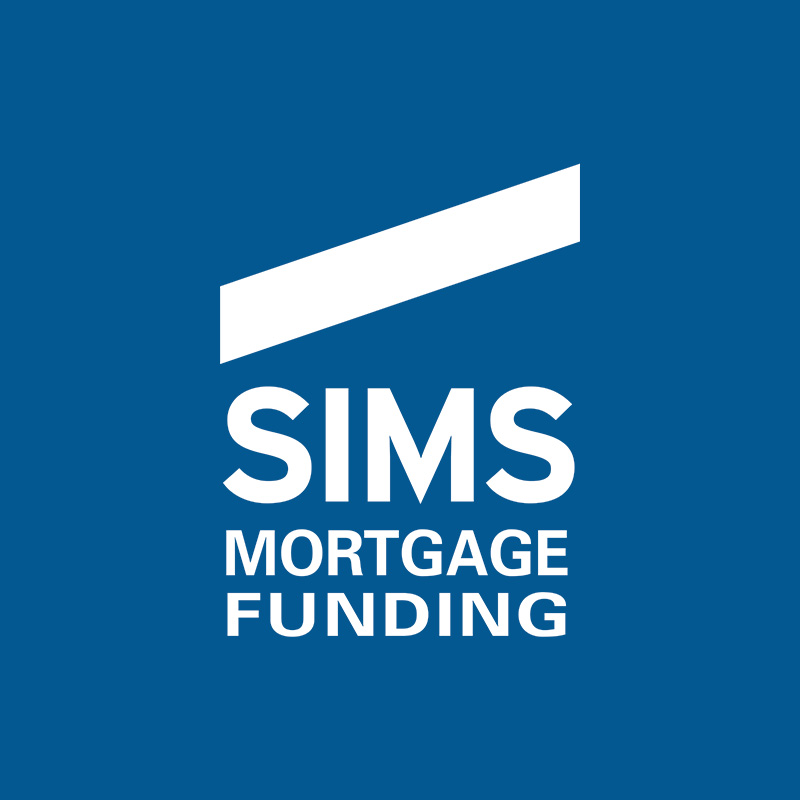We are pleased to introduce a new segment to our Constant Contact mailings – Random Thoughts from Sims Mortgage Funding.
Random Thoughts will cover diverse, often unconnected developments with HUD’s multifamily and healthcare mortgage insurance programs. These thoughts, presented singularly, are likely not to rise to the level of a complete article. But, they do warrant sharing with our audience, and when presented together, may present a coherent – if not always obvious – theme.
Happy New Year!
We have not jumped the gun with this salutation. October 1 started the new Federal Fiscal Year (FY), and now that FY 2017 is underway, let’s take a reflective look back on HUD’s performance in FY 2016. It was a positive and productive year for HUD’s housing and healthcare mortgage insurance programs. Under the Multifamily Accelerated Processing (MAP) program, HUD closed approximately $9.822 billion in insured loans for 786 projects under its Section 221(d)(4), 223(f) and 223(a)(7) programs for construction, acquisition/refinance and refinance of already-insured loans. This production is better than FY 2015, when HUD insured approximately $9.54 billion of loans under the same three programs, and is close to their FY 2014 performance, when they closed $9.941 billion.
On the healthcare side, the LEAN program closed approximately $2.836 billion of insured loans for 287 projects in FY 2016. Almost 90% of the loans were insured under the popular Section 232/223(f) program for acquisition/refinance; new construction and other related loans insured under Section 232 and 241(a) comprised 8% of FY 2016 production. LEAN performance in FY2016 exceeded FY 2015, when $2.701 billion in healthcare loans were insured, but it lagged FY 2014, when $4.205 billion in loans closed.
The big change in production between 2014 and the last two years has been largely attributable to the success of the LEAN interest rate reduction (IRR) program, which is a streamlined way to refinance through a modification of the existing mortgage note. Under a note modification, HUD does not receive any production credit for the origination of a new insured loan. Regardless of who gets credit, note modifications can be an excellent way to quickly lower debt service at minimal expense. We have obtained note modification approvals in as little as 10 days. If you have a HUD-insured loan with an interest rate at 3.75% or higher, give us a call, and we’ll be happy to evaluate whether a note modification – or a new loan – is a viable refinancing option.
Exit the REITs, Enter HUD?
An October 12 article in the Wall Street Journal about Real Estate Investment Trusts (REITs) indicated that some REIT managers are making changes to their portfolios by removing some skilled nursing facilities and adding more medical office buildings and other healthcare-related real estate. One of the drivers of this asset reallocation is the concern that skilled nursing home operators may have difficulty making lease payments because of increasing third-party and governmental constraints on reimbursement. HUD has traditionally been comfortable underwriting deals with significant government support, as can be evidenced by the success of the LEAN healthcare program. The takeaway? Operators who are looking to acquire skilled nursing homes from landlords eager to sell should look closely at the Section 232/223(f) mortgage insurance program as a financing option, either in a direct-to-HUD scenario, or via a bridge to HUD. Sims Mortgage Funding has had considerable success under both structures, and would be pleased to help you evaluate options.
Sims Submits Its First Applications Under New Platform, Good Times Follow
We previously wrote about our partnership with Lending Standard, a Midwestern-based technology company, to develop a web-based, automated loan processing and underwriting platform. We are pleased to write that we have successfully used the platform to prepare and underwrite a $6.4 million Section 223 (f) refinancing application for Margate Terrace, an elderly housing project located in New Jersey. Andrew Patykula, a Senior Vice President of Sims who served as the MAP Underwriter for the financing, piloted the Margate application through the new automated platform. Said Andrew, “The platform really simplified the collection of the HUD required data and organized it for a uniform completion of the Application. Interactions with HUD were much more efficient, and they reviewed the application and approved the deal in 45 days.”
Over the past several years, HUD has been steadily standardizing their underwriting and processing protocols, resulting in greater efficiency and speed in approving deals. The new platform represents our “next generation” effort to continue to provide our clients with even-better service and a great customer experience. We recently filed a second 223(f) refinance application, for an elderly housing project in Minnesota, through the new platform, and we’re looking forward to another fast review by HUD.

